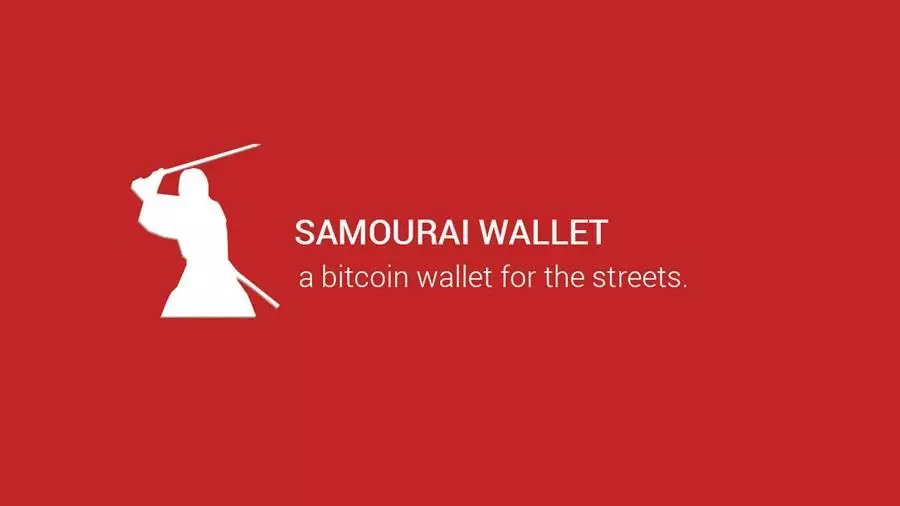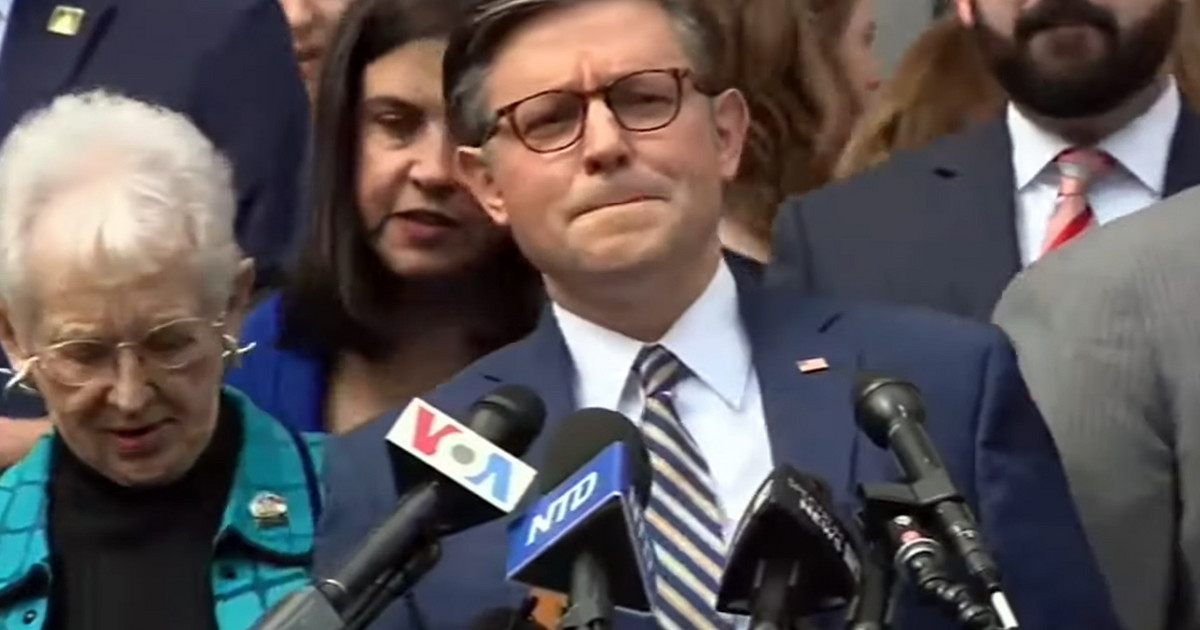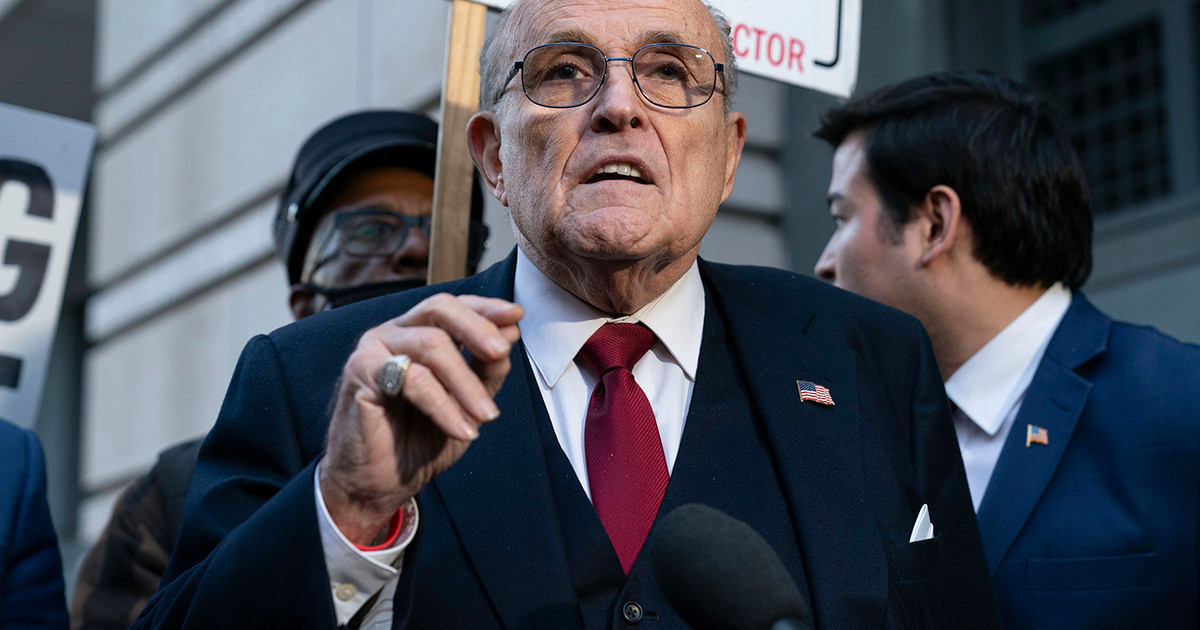To speed up data collection in communities, the IBGE (Brazilian Institute of Geography and Statistics), in partnership with the Data Favela Institute and the Central Única das Favelas (Cufa), will carry out an action in the largest favelas from this Saturday (25). from the country.
The objective is to open the doors to the work of local census takers and reduce the percentage of households that did not respond to the Demographic Census in communities.
The action, called “Favela on the Map”, is part of the final phase of the Census calculation.
Starting this Saturday (25th), there will be a concerted effort on the part of census takers and IBGE supervisors in the largest slums in the 26 state capitals and the Federal District to go through the areas that were left without collection within these communities.
The first collection mobilization took place this Saturday, starting at 9 am, in São Paulo and Rio de Janeiro.
The interim president of the IBGE, Cimar Azeredo, the founder of Data Favela, Renato Meirelles, and the president of Cufa Brasil, Preto Zezé, participated in the launch of the initiative in Heliópolis, located in the capital of São Paulo, which is one of the largest favelas in Brazil.
The action includes the Ministry of Planning and Budget (MPO) and was attended by the portfolio commander, Simone Tebet.
Difficulties in interviews
The interim president of the IBGE told the CNN that there are around 150 census takers in Heliópolis who will work both Saturday (25) and Sunday (26). The IBGE was unable to reach the minimum 95% coverage in several communities across the country, including Heliópolis.
Still according to the president, if each census taker does at least 14 interviews this Saturday, and 14 interviews on Sunday, coverage will be complete in the community.
The founder of Data Favela explained to the CNN that there is a fear on the part of the community to receive these people.
He also recalled that many community residents work all day outside, need to take public transport and end up taking even longer to return to their homes. In this way, IBGE census takers end up not finding them at home.
Meirelles added that there must be an action by all these communities precisely to pick up these workers at night, when they have already arrived home, to provide the information to the IBGE.
In addition to absence and refusal, there are other problems such as the omission of residences (back or on the roof) and difficulties in access and circulation.
Almost 7% of communities in Brazil were not heard by the IBGE
There are 11,403 favelas across the country. According to the IBGE, most of the female and male residents of all Brazilian favelas have already been registered within the Census regulation period, which began in August of last year and ended on February 28 of this year.
The institute, however, was unable to obtain answers in the favelas in about 6.79% of the national territory. In relation to São Paulo, the number is higher: 12.7% of the communities did not give these answers.
IBGE collected data from more than 91% of the Brazilian population.
Since March 1, the institute entered the data verification stage. This technical review, carried out by IBGE demographers and by external technicians hired precisely for this purpose, runs in parallel with specific final collection actions.
The calculation will be completed at the end of April and the preliminary Census data will be announced by the IBGE on May 2nd.
In addition to this final Census action in the Brazilian favelas, the MPO is also leading a cooperation with five other ministries of the Lula government to conclude the Census in the Yanomami Indigenous Land, in Roraima and in Amazonas.
Source: CNN Brasil
I’m James Harper, a highly experienced and accomplished news writer for World Stock Market. I have been writing in the Politics section of the website for over five years, providing readers with up-to-date and insightful information about current events in politics. My work is widely read and respected by many industry professionals as well as laymen.






